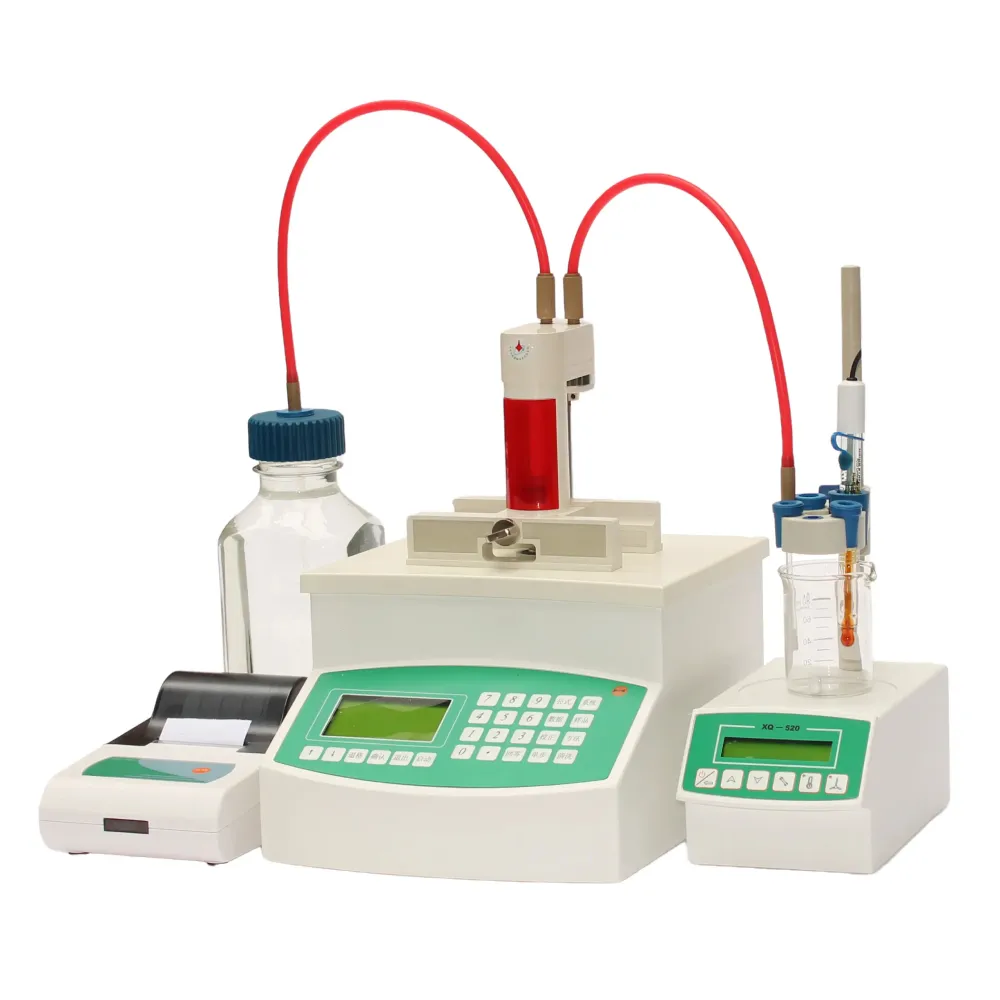 English
English



-
 Afrikaans
Afrikaans -
 Albanian
Albanian -
 Amharic
Amharic -
 Arabic
Arabic -
 Armenian
Armenian -
 Azerbaijani
Azerbaijani -
 Basque
Basque -
 Belarusian
Belarusian -
 Bengali
Bengali -
 Bosnian
Bosnian -
 Bulgarian
Bulgarian -
 Catalan
Catalan -
 Cebuano
Cebuano -
 China
China -
 China (Taiwan)
China (Taiwan) -
 Corsican
Corsican -
 Croatian
Croatian -
 Czech
Czech -
 Danish
Danish -
 Dutch
Dutch -
 English
English -
 Esperanto
Esperanto -
 Estonian
Estonian -
 Finnish
Finnish -
 French
French -
 Frisian
Frisian -
 Galician
Galician -
 Georgian
Georgian -
 German
German -
 Greek
Greek -
 Gujarati
Gujarati -
 Haitian Creole
Haitian Creole -
 hausa
hausa -
 hawaiian
hawaiian -
 Hebrew
Hebrew -
 Hindi
Hindi -
 Miao
Miao -
 Hungarian
Hungarian -
 Icelandic
Icelandic -
 igbo
igbo -
 Indonesian
Indonesian -
 irish
irish -
 Italian
Italian -
 Japanese
Japanese -
 Javanese
Javanese -
 Kannada
Kannada -
 kazakh
kazakh -
 Khmer
Khmer -
 Rwandese
Rwandese -
 Korean
Korean -
 Kurdish
Kurdish -
 Kyrgyz
Kyrgyz -
 Lao
Lao -
 Latin
Latin -
 Latvian
Latvian -
 Lithuanian
Lithuanian -
 Luxembourgish
Luxembourgish -
 Macedonian
Macedonian -
 Malgashi
Malgashi -
 Malay
Malay -
 Malayalam
Malayalam -
 Maltese
Maltese -
 Maori
Maori -
 Marathi
Marathi -
 Mongolian
Mongolian -
 Myanmar
Myanmar -
 Nepali
Nepali -
 Norwegian
Norwegian -
 Norwegian
Norwegian -
 Occitan
Occitan -
 Pashto
Pashto -
 Persian
Persian -
 Polish
Polish -
 Portuguese
Portuguese -
 Punjabi
Punjabi -
 Romanian
Romanian -
 Russian
Russian -
 Samoan
Samoan -
 Scottish Gaelic
Scottish Gaelic -
 Serbian
Serbian -
 Sesotho
Sesotho -
 Shona
Shona -
 Sindhi
Sindhi -
 Sinhala
Sinhala -
 Slovak
Slovak -
 Slovenian
Slovenian -
 Somali
Somali -
 Spanish
Spanish -
 Sundanese
Sundanese -
 Swahili
Swahili -
 Swedish
Swedish -
 Tagalog
Tagalog -
 Tajik
Tajik -
 Tamil
Tamil -
 Tatar
Tatar -
 Telugu
Telugu -
 Thai
Thai -
 Turkish
Turkish -
 Turkmen
Turkmen -
 Ukrainian
Ukrainian -
 Urdu
Urdu -
 Uighur
Uighur -
 Uzbek
Uzbek -
 Vietnamese
Vietnamese -
 Welsh
Welsh -
 Bantu
Bantu -
 Yiddish
Yiddish -
 Yoruba
Yoruba -
 Zulu
Zulu
transformer oil testing lab
Transformers and the Importance of Oil Testing in Electrical Engineering
In the realm of electrical engineering, transformers are vital components that facilitate the efficient transfer of electrical energy between circuits. These devices are integral in power distribution systems, stepping up or stepping down voltage as needed. One of the key aspects to ensure the reliable and safe operation of transformers is the testing of transformer oil, which serves both as an insulator and a coolant for the electrical components.
Transformers and the Importance of Oil Testing in Electrical Engineering
The testing process typically involves a series of analyses to assess the quality and properties of the oil. One of the primary tests conducted is the measurement of the oil's dielectric strength, which indicates its ability to withstand electrical stress without breaking down. Low dielectric strength can signify that the oil has absorbed moisture or has been contaminated, posing a risk of electrical failure.
transformer oil testing lab

Additionally, the presence of dissolved gases in the transformer oil is another critical parameter monitored through Dissolved Gas Analysis (DGA). The thermal breakdown of insulation materials, arcing, and overheating can lead to specific gases being released into the oil, such as hydrogen, methane, and ethylene. By analyzing the concentration of these gases, technicians can identify potential issues within the transformer and implement corrective measures before they result in catastrophic failures.
Another important aspect of transformer oil testing is assessing the oil's physical and chemical properties, such as acidity, flashpoint, and moisture content. Increased acidity levels can indicate the onset of oxidation and degradation of the oil, while high moisture content is a clear sign that the oil has absorbed water, which compromises its insulating properties. Regular monitoring of these parameters helps in making informed decisions regarding oil replacement or treatment.
Modern transformer oil testing laboratories employ advanced technologies and equipment to conduct these analyses with high precision. The tests are performed by trained professionals who not only ensure accurate results but also interpret the data to provide actionable insights. This expertise is crucial for creating maintenance and action plans tailored to specific transformer needs.
In conclusion, transformer oil testing is an indispensable practice in the maintenance of electrical transformers. By regularly assessing the condition of the oil, engineers can prevent unexpected failures, ensure operational reliability, and extend the lifespan of transformers. As electrical demand continues to grow globally, understanding the significance of transformer oil testing will become even more critical in safeguarding our electrical infrastructure and ensuring efficient power delivery to consumers. Maintaining rigorous testing protocols enables the industry to navigate the challenges associated with aging equipment and ensures the continued provision of safe and reliable electrical services.
-
Testing Equipment Industry Sees Major Advancements in 2025: Smart & Precision Technologies Lead the WayNewsJun.06,2025
-
Applications of Direct Current Generators in Renewable Energy SystemsNewsJun.05,2025
-
Hipot Tester Calibration and Accuracy GuidelinesNewsJun.05,2025
-
Digital Circuit Breaker Analyzer Features and BenefitsNewsJun.05,2025
-
Benefits of Real-Time Power Quality Monitoring Devices for Industrial EfficiencyNewsJun.05,2025
-
Earth Fault Loop Testing in High-Rise Building Electrical SystemsNewsJun.05,2025



